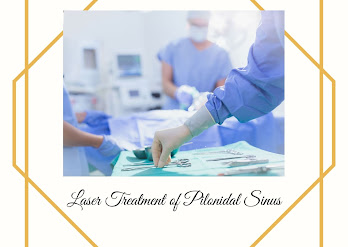Anal Fissure Symptoms And Diseasae
An anal fissure refers to a small tear in the thin, moist tissue (mucosa) that lines the anus. An anal fissure may appear when you pass hard or large stools during a bowel movement. Anal fissures typically may lead to pain and bleeding with bowel movements. You also may feel spasms in the ring of muscle at the end of your anus (anal sphincter).
Anal fissures are very common in young infants but can also be seen among people of any age. Most anal fissures can be cured with simple treatments, such as growing fiber intake or sitz baths. Some people with anal fissures may need medication or, occasionally, surgery.
Symptoms
Signs and symptoms of an anal fissure are:
Pain, sometimes severe, during bowel movements
Pain after bowel movements that can last up to several hours
Bright red blood on the stool or toilet paper after a bowel movement
A visible crack in the skin around the anus
A small lump or skin tag on the skin near the anal fissure
Causes
The common causes of anal fissure are:
Passing large or hard stools
Constipation and straining during bowel movements
Chronic diarrhea
Anal intercourse
Childbirth
Less common causes of anal fissures include:
Crohn's disease or another inflammatory bowel disease
Anal cancer
HIV
Tuberculosis
Syphilis
Risk factors
Factors that may raise your risk of developing an anal fissure include:
Constipation: Straining at the time of bowel movements and passing hard stools develop the risk of tearing.
Childbirth: Anal fissures can be seen among women after they give birth.
Crohn's disease: This inflammatory bowel disease may lead to chronic inflammation of the intestinal tract. This may make the lining of the anal canal more vulnerable to tearing.
Anal intercourse.
Age: Anal fissures can appear at any age, but are more common in infants and middle-aged adults.
Prevention
You can prevent an anal fissure by taking measures to prevent constipation or diarrhea. High-fiber foods and fluids and regular exercise are recommended to treat anal fissure to prevent having to strain during bowel movements.


Your Trusted Laparoscopic Surgeon Nearby : This can take shape at different levels, from grass-roots initiatives to international agreements. Laparoscopic surgery excellence is concerned to find Dr. Anupam Goel does not equal the other treatments. Having a practice fittingly located across the rest of the area of the Chandigarh facilitates grabbing patients’ attention who are in search of the sophisticated treatments of surgery.
ReplyDelete